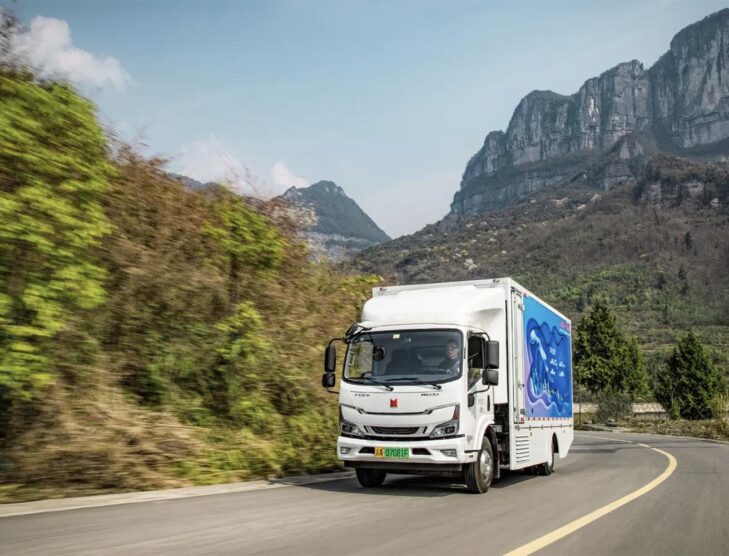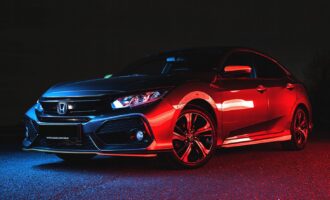
Bosch invests in new energy commercial vehicle venture in China
Robert Bosch Venture Capital (RBVC), a subsidiary of Bosch Group, together with Boyuan Capital, a venture capital platform established by Bosch Group in China, Beiqi Foton, Beijing Sinohytec and Shenzhen Fuyuan Zhihui, have jointly invested in Beijing Caven New Energy Vehicle Co., Ltd. (Caven Automotive).
Beiqi Foton—China’s commercial vehicle leader—is a pioneer in launching pure electric commercial vehicles and one of the first Chinese OEMs to enter the field of hydrogen-fueled commercial vehicles.
Caven Automotive will be committed to the research and development (R&D), production, and sales of battery electric vehicles (BEV) and hydrogen fuel cell commercial vehicles and related core components and systems. The company also plans to develop drive-by-wire and intelligent driving technologies, such as intelligence and connectivity, smart logistics and autonomous driving.
“Bosch attaches great importance to the development of hydrogen power technology. In the future, Bosch will make use of its experience and advantages in hydrogen power to continue to support Caven Automotive’s hydrogen fuel cell vehicle business and explore the possibility of further cooperation together. At the same time, we will also work together with Caven Automotive to establish a hydrogen ecosystem with our partners and promote the development of the whole industry chain of hydrogen power,” said Wang Weiliang, president of Bosch Powertrain China.
Caven Automotive has appointed Dr. Jiang Hongquan, an investment partner of RBVC and chairman of Boyuan Capital, as a director of Caven Automotive.
“China is already the world’s largest new energy commercial vehicle market; Caven Automotive will use its extensive industrial resources and strong market momentum to strive to build a leading enterprise in new energy commercial vehicles,” said Jiang.
In the context of “dual carbon”, the Chinese government has continued to increase support for new energy commercial vehicles, and policies and regulations on environmental protection, emissions, and fuel consumption have become stricter, bringing opportunities for the rapid development of the industry.
While pure electric vehicles are the main driving type of current new energy commercial vehicles, hydrogen fuel cell vehicles are more suitable for medium-to-long-distance and medium-heavy load scenarios such as intercity freight and trunk logistics.
“To achieve carbon neutrality, hydrogen energy will become a significant part of future powertrain, especially in commercial vehicles,” said Wang.
“Foton has more than 1,200 new energy-related patents, the industry’s top commercial vehicle design, manufacturing and production capacity, and more than 20 years of experience in new energy product development and industrial operation, which will be empowered to Caven Automotive in different ways,” said Qin Zhidong, president of Foton Zhilan New Energy.
“With the strong empowerment of industrial resources, Caven Automotive has the ability to quickly build a new energy vehicle platform and is expected to become a leading player in China’s new energy commercial vehicle market,” Qin said.









